Blue Skies, Crunchy Lawns, and a Familiar Forecast
September’s warm, dry stretch is raising fire risks in Illinois fields while Mississippi River levels drop and fall weather shifts take shape—read the full weather update from Matt Reardon.
Fall 2025 Soil Sampling After Extremely Dry Conditions
Terry Wyciskalla recommends waiting for rain before soil sampling, as dry soils can lead to poor cores and inaccurate results.
Submit Soybeans for the 2025 Quality Survey
Find out how your 2025 soybean harvest measures up—request a free kit today and contribute to the Annual Soybean Quality Survey.
Soybean Selection 101
With seed orders going in, Stephanie Porter, CCA, explains how the right soybean variety choices can protect yield and profitability.
Fall Arrives Early Across Midwest
Matt Reardon’s latest weather outlook notes that cooler nights bring an early taste of fall, easing heat stress but reducing much-needed rainfall for crops.
Cracking the Code: Why Drones Work in Fungicide Applications
Drones are proving to be a reliable tool for fungicide applications—Matt Montgomery digs into how coverage, canopy movement, and spray quality make it work.
Cover Crop Field Day Highlights Research and On-Farm Management
Darby Danzl provides a recap of the IL Cover Crop Field Day, highlighting research trials on cover crop management, SCN interactions, and strategies to address common challenges.
Tissue Testing Reveals Soybean Nutrients for Better Management
Illinois researchers are refining soybean tissue testing guidelines to help farmers pinpoint nutrient needs, make timely adjustments, and protect yield potential.
Genetic Modification Hits the ’90s — and American Agriculture — Hard!
IL Soy Envoy Mike Wilson shares his firsthand perspective on how the 1990s transformed farming and set the stage for today’s ag innovations and challenges.
Refining Cover Crop Seeding Rates and Planting Dates Can Boost Farmer Confidence
Research showed that while seeding rate had little impact on biomass, early and mid-planting dates produced more biomass than late planting dates.

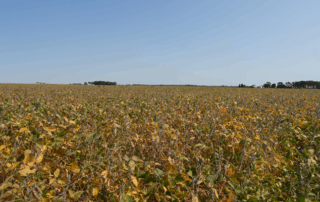
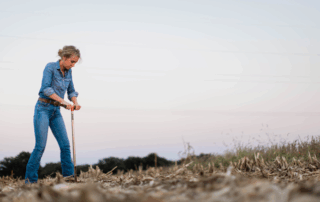

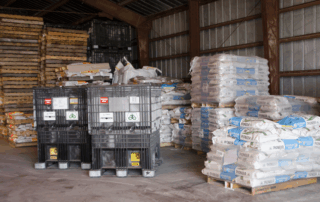

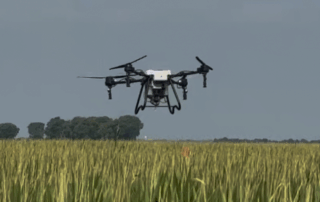
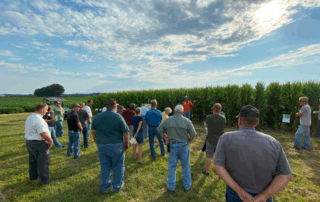
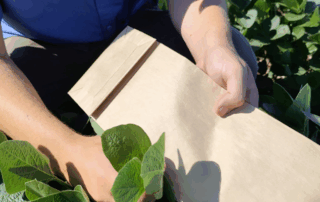
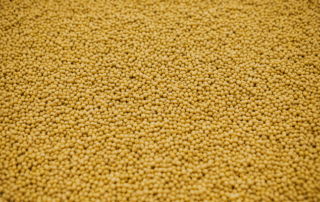
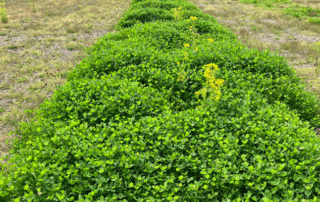

 and then
and then